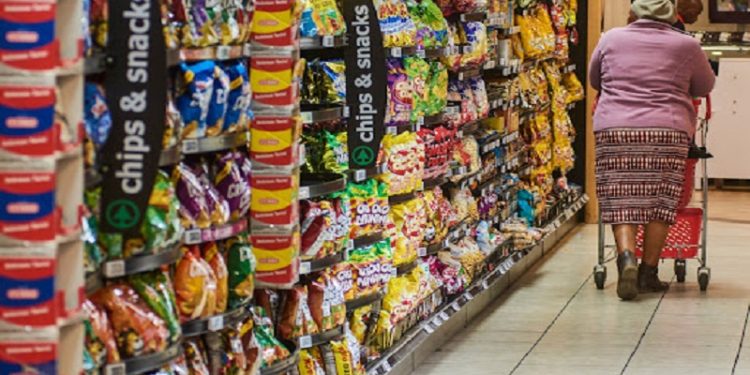LOCAL
The fastest inflation of Lesetja Kganyago’s almost eight-year tenure means it’s not a question of if the central bank governor will raise interest rates on Thursday, but by how much.
Economists and traders aren’t ruling out the prospect that the SA Reserve Bank may lift the repurchase rate to 5.5% from 4.75% in what would be the biggest hike since September 2002. It’s already raised the benchmark by a cumulative 125 basis points since November and signalled higher borrowing costs ahead.
The median expectation of economists in a Bloomberg survey is that the five-member monetary policy committee will vote three in favour of a second consecutive half-point hike, and two for a 75-basis-point increase.
A separate poll showed that 13 of 20 analysts predict the MPC will raise the key rate by half a point this week, with the rest expecting a bigger increase. Traders are fully pricing in a 50-basis-point lift, but see a chance of a bigger move.
The decision will be announced during a virtual televised briefing that starts at 3pm in Pretoria. Kganyago will also give the voting breakdown and provide updates of the central bank’s economic forecasts, including for inflation, rates and economic growth.
The world’s central bankers are unleashing the most aggressive tightening of monetary policy in decades to cool off surging inflation. For SA, it creates the risk of eroding the differential that makes local assets attractive to foreign investors if the central bank doesn’t step up the pace of rate hikes.
Economists are concerned that more strikes are afoot
The MPC prefers to anchor inflation expectations close to the 4.5% midpoint of its target range.
Price growth came under pressure in June from high food and petrol costs, even as the government temporarily reduced a fuel levy to contain increases. The outlook may deteriorate further with power-utility Eskom’s 7% wage increase possibly setting a precedent for other negotiations.
The rand presents another threat to prices after weakening more than 6% against the dollar.
Risks include flood damage in the province that’s the second-biggest contributor to GDP and deeper, more frequent power blackouts.
The slowdown in the economies of key trading partners and fears of a global recession will also influence decision-making.
Each 25 basis-point move in the key rate will have a 0.12 percentage point impact on inflation and a 0.08 percentage point effect on economic growth, according to Chris Loewald, a member of the MPC.
Source: Bloomberg via Times Live






 WhatsApp us
WhatsApp us 

